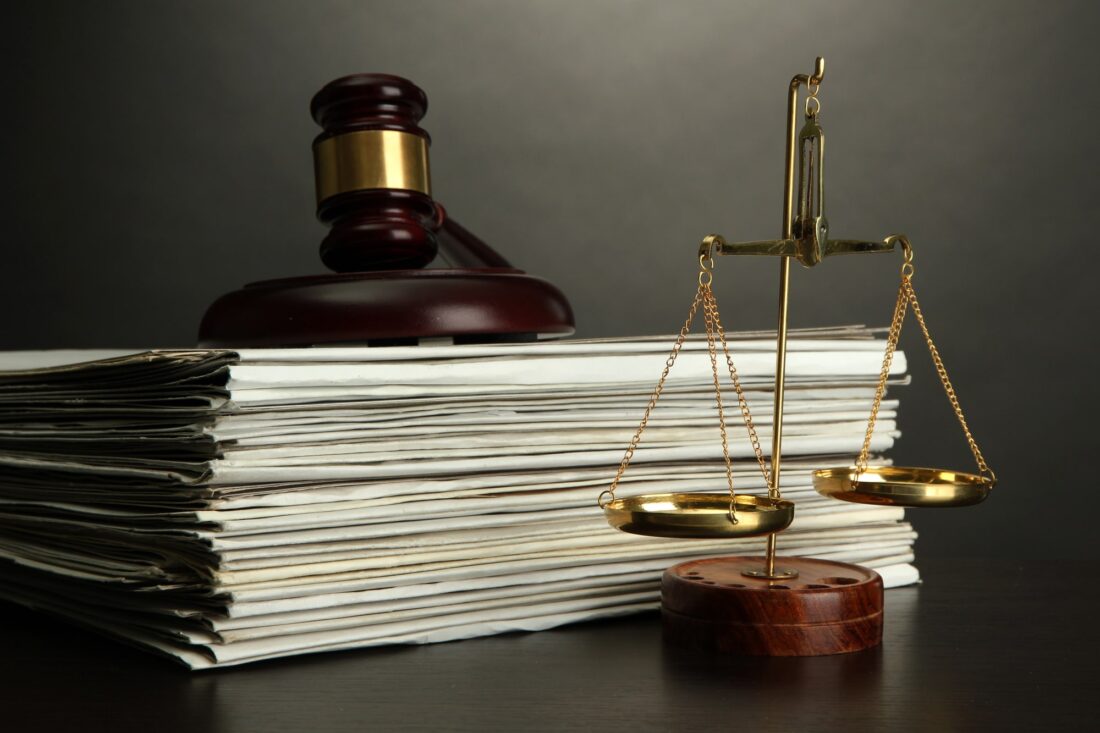
Pros & Cons Of Chapter 13 Bankruptcy
Understanding Chapter 13 Bankruptcy
Filing for Chapter 13 bankruptcy is a significant decision that can affect your financial future. It’s a legal process designed for individuals who have a regular income but are struggling to manage their debts. Before making this decision, it’s crucial to understand the advantages and disadvantages associated with Chapter 13 bankruptcy. Attorneys like those at Therman Law Offices, LTD, who specialize in this area, can provide invaluable guidance throughout this process.
Advantages Of Chapter 13 Bankruptcy
Debt Reorganization And Consolidation
One of the main benefits of Chapter 13 bankruptcy is the ability to reorganize and consolidate your debts. This process allows you to create a repayment plan, typically spanning three to five years, to pay back all or part of your debts. The plan simplifies your financial obligations, making it easier to manage your payments.
Protection Against Foreclosure
Filing for Chapter 13 bankruptcy can halt foreclosure proceedings, offering a lifeline to homeowners. This reprieve provides time to catch up on missed mortgage payments through the repayment plan, potentially allowing you to keep your home.
Flexibility In Repayment
Chapter 13 offers more flexibility in terms of debt repayment compared to Chapter 7. It allows for the adjustment of debt amounts based on your income, which can lower your monthly payments. Additionally, certain debts might be discharged at the end of the repayment period.
Disadvantages Of Chapter 13 Bankruptcy
Impact On Credit Score
One of the major downsides of filing for Chapter 13 bankruptcy is its impact on your credit score. Bankruptcy can remain on your credit report for up to seven years, which may hinder your ability to obtain new credit or loans at favorable rates.
Length Of The Commitment
The repayment plan under Chapter 13 bankruptcy is typically longer than other debt relief options. This long-term commitment requires consistent income and financial discipline over several years.
No Immediate Debt Relief
Unlike Chapter 7 bankruptcy, which can provide immediate relief through the discharge of most unsecured debts, Chapter 13 requires you to pay back a portion or all of your debts. This means you won’t experience immediate financial relief as you would with Chapter 7.
Making An Informed Decision
Deciding whether to file for Chapter 13 bankruptcy involves weighing these pros and cons against your personal financial situation. It’s important to consult with a knowledgeable chapter 13 bankruptcy lawyer who can provide tailored advice based on your unique circumstances.
Filing for Chapter 13 bankruptcy is a complex decision that should not be taken lightly. While it offers a structured way to manage debt and protect assets, it also has significant long-term implications. By thoroughly understanding both the advantages and disadvantages, and seeking professional advice, you can make an informed decision that best suits your financial needs and goals.
